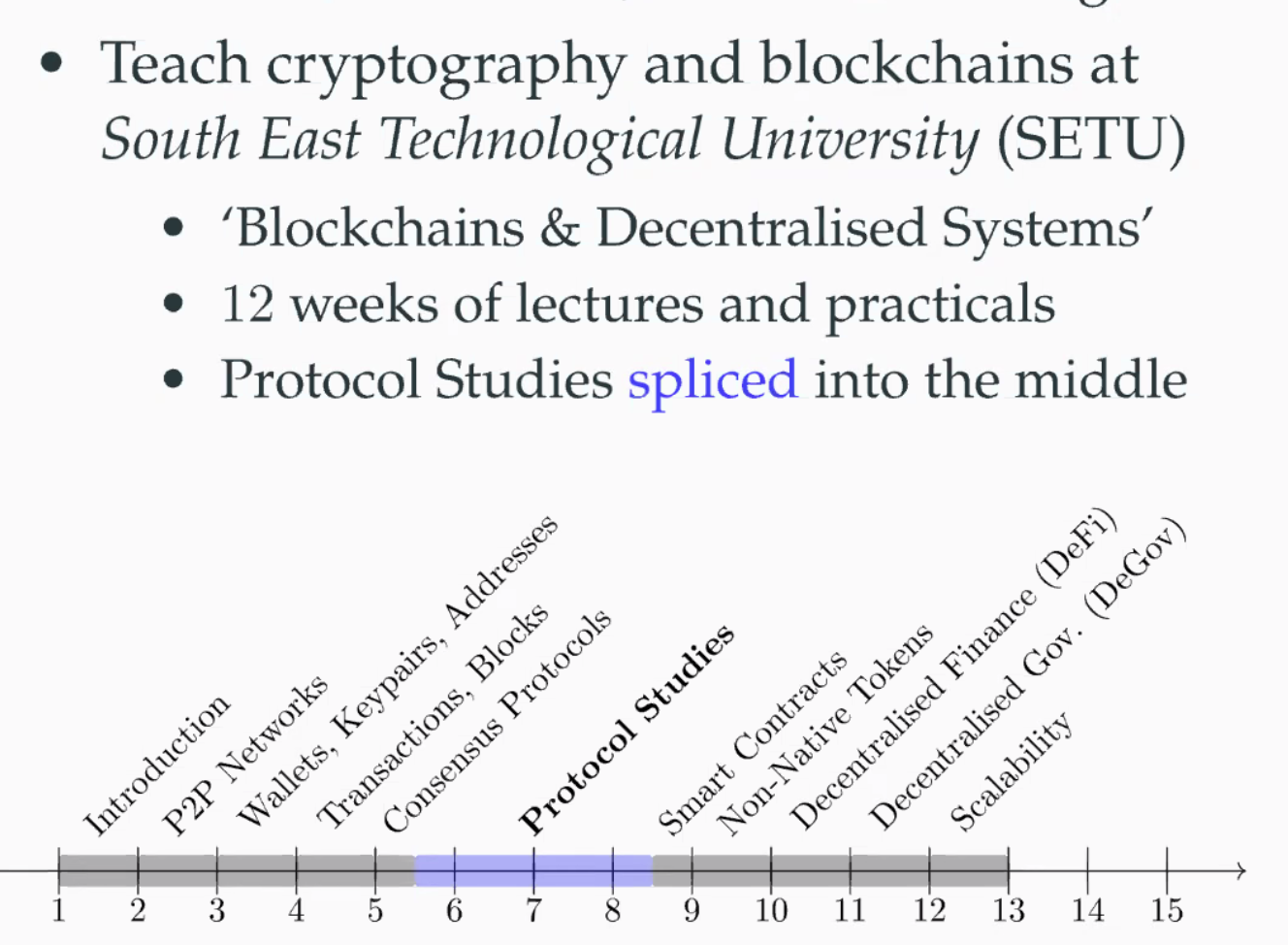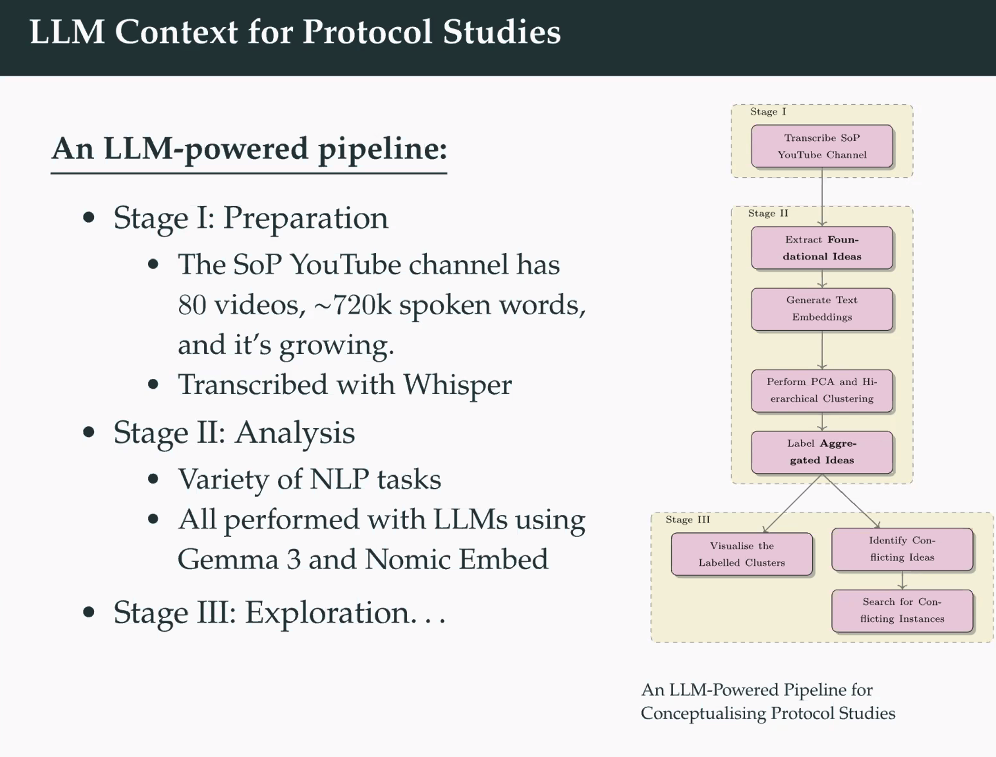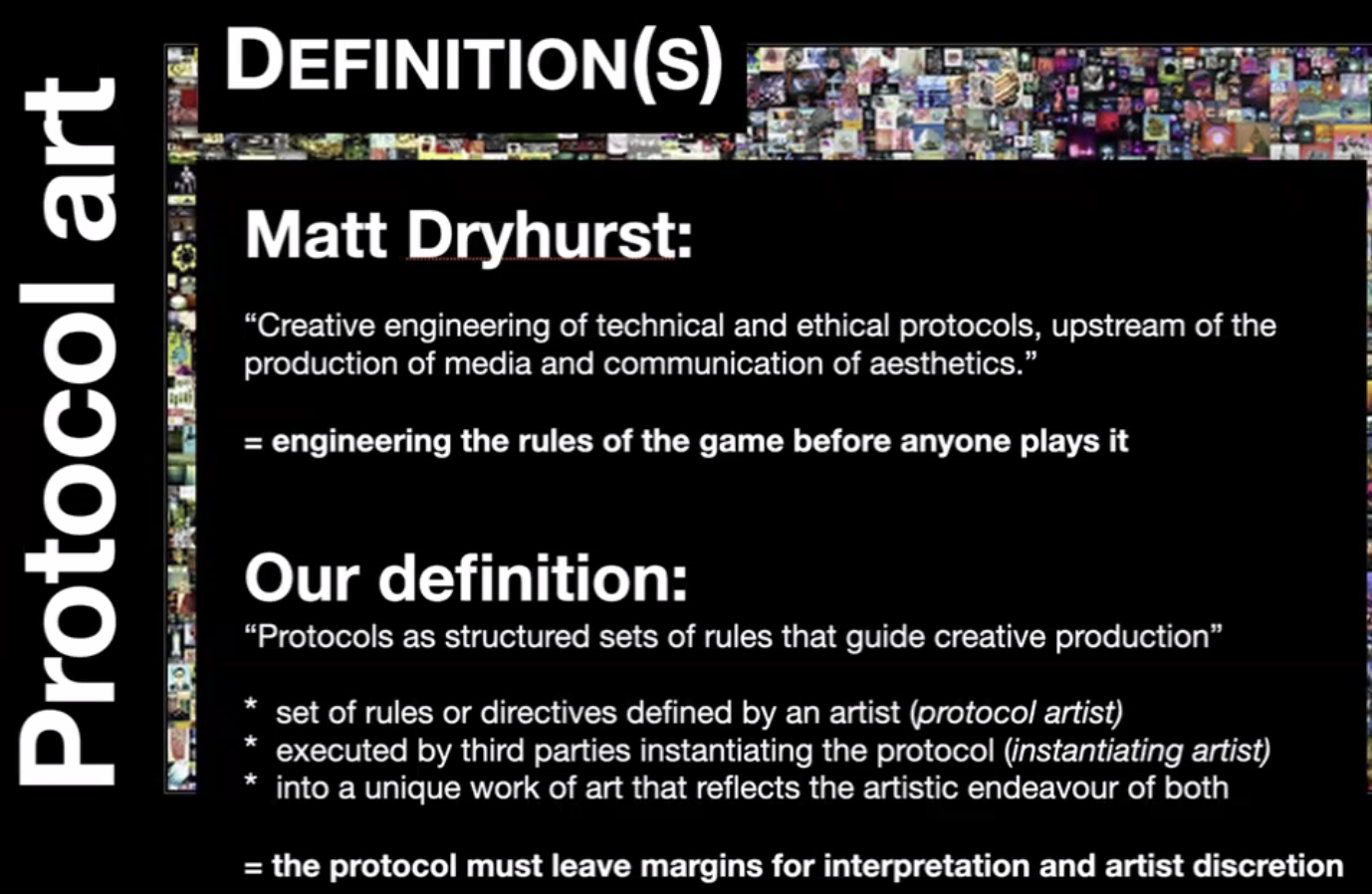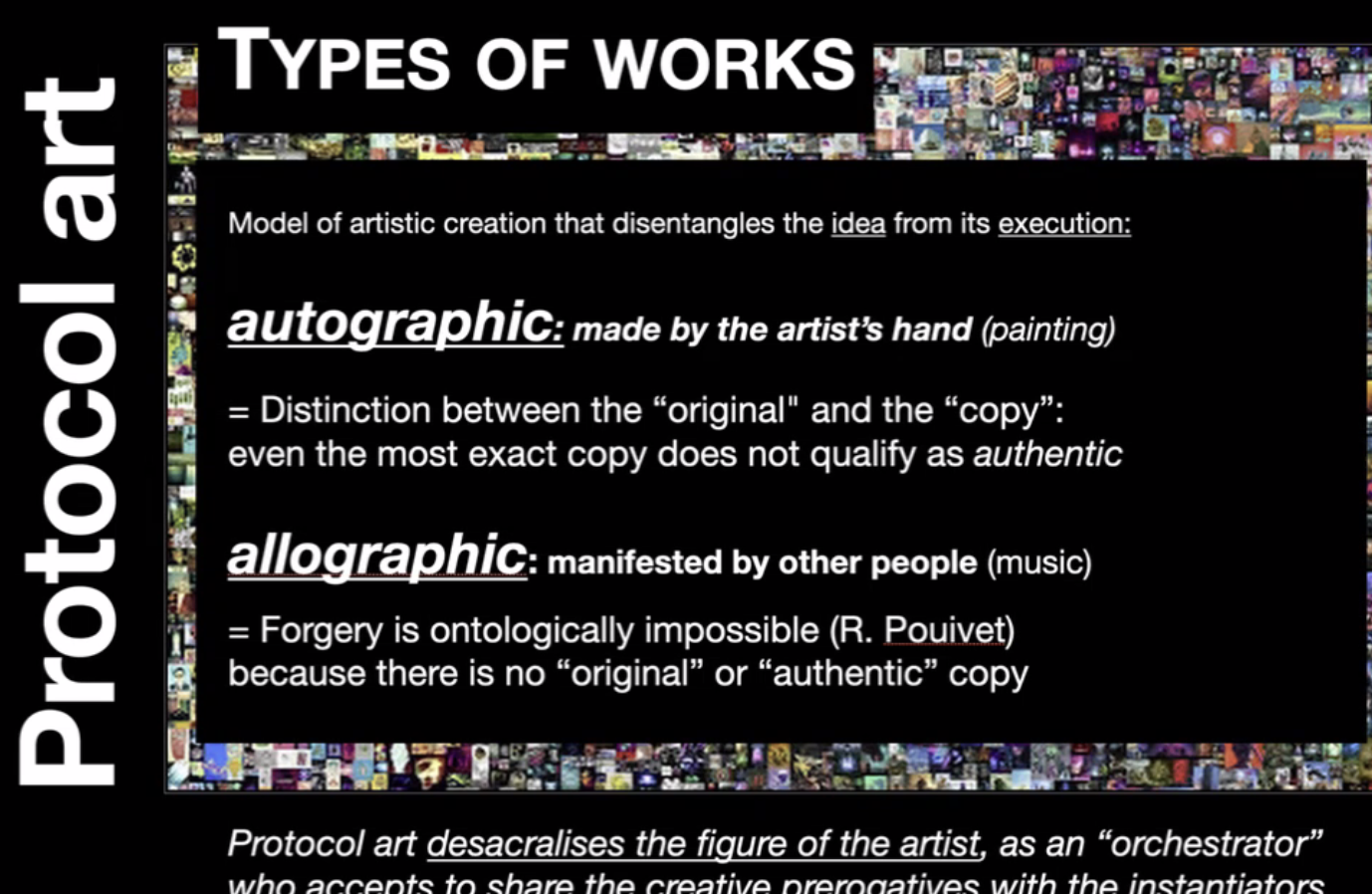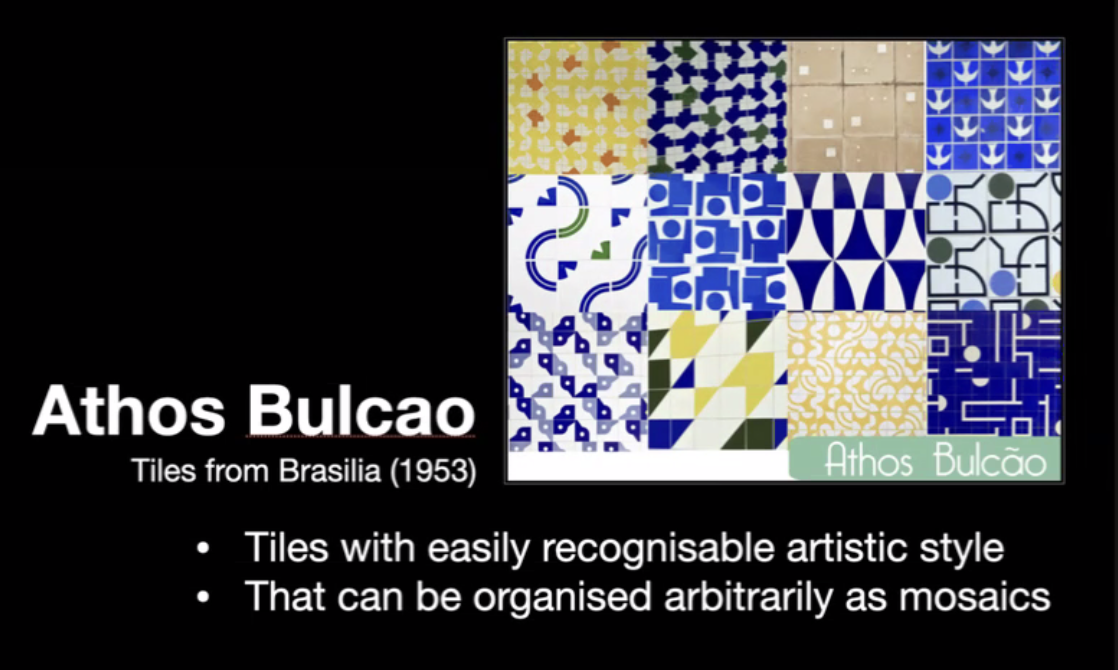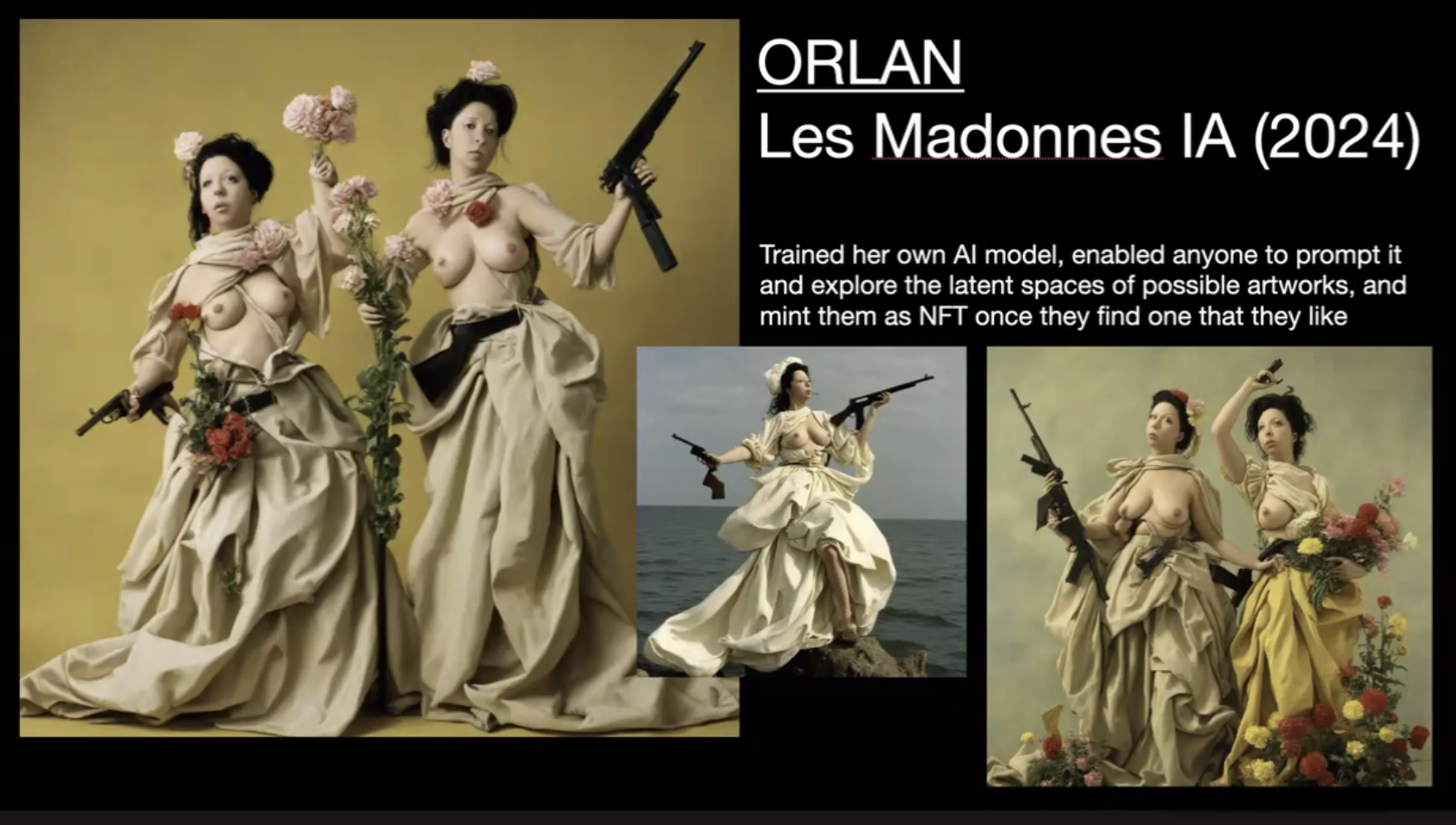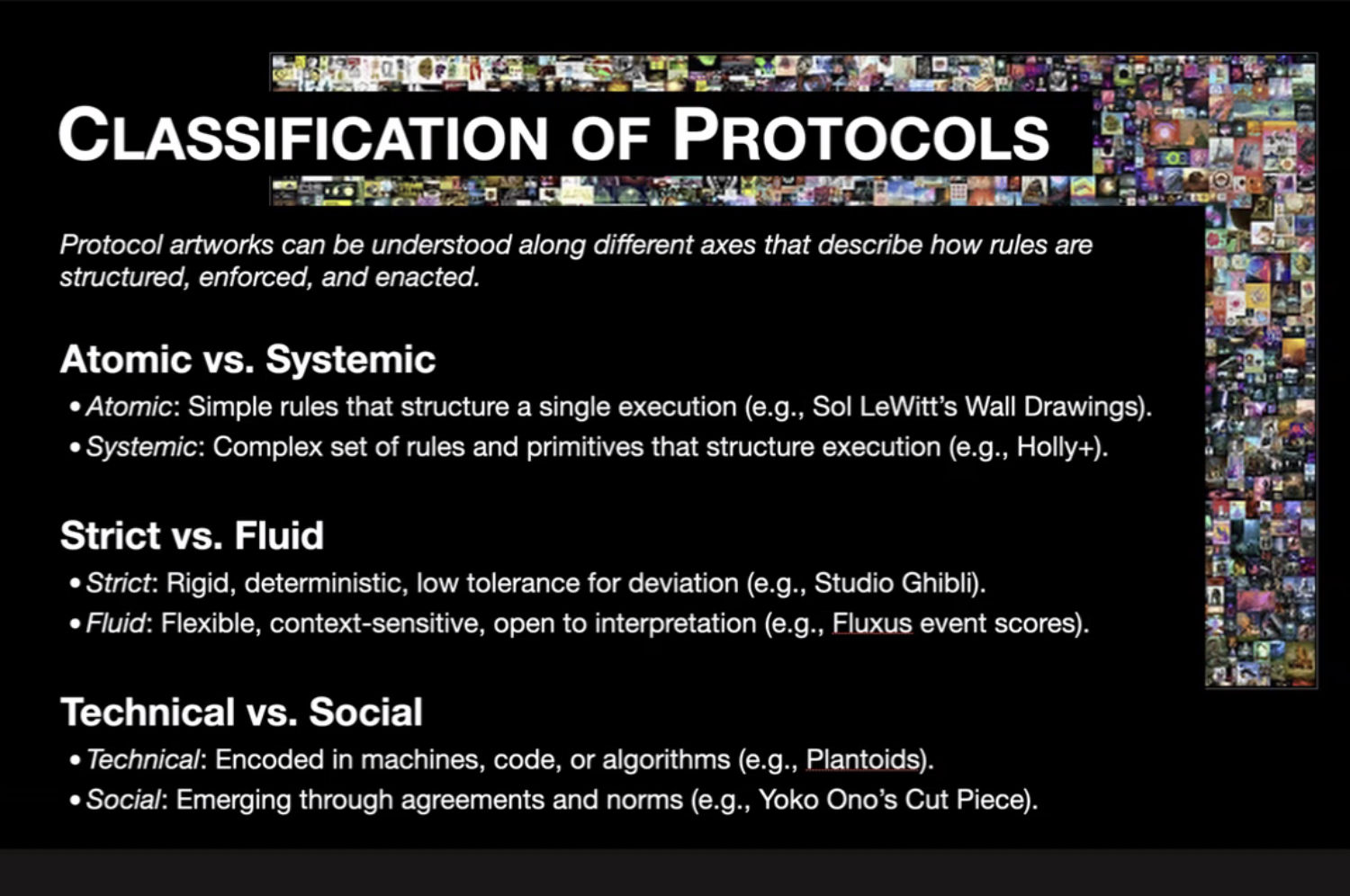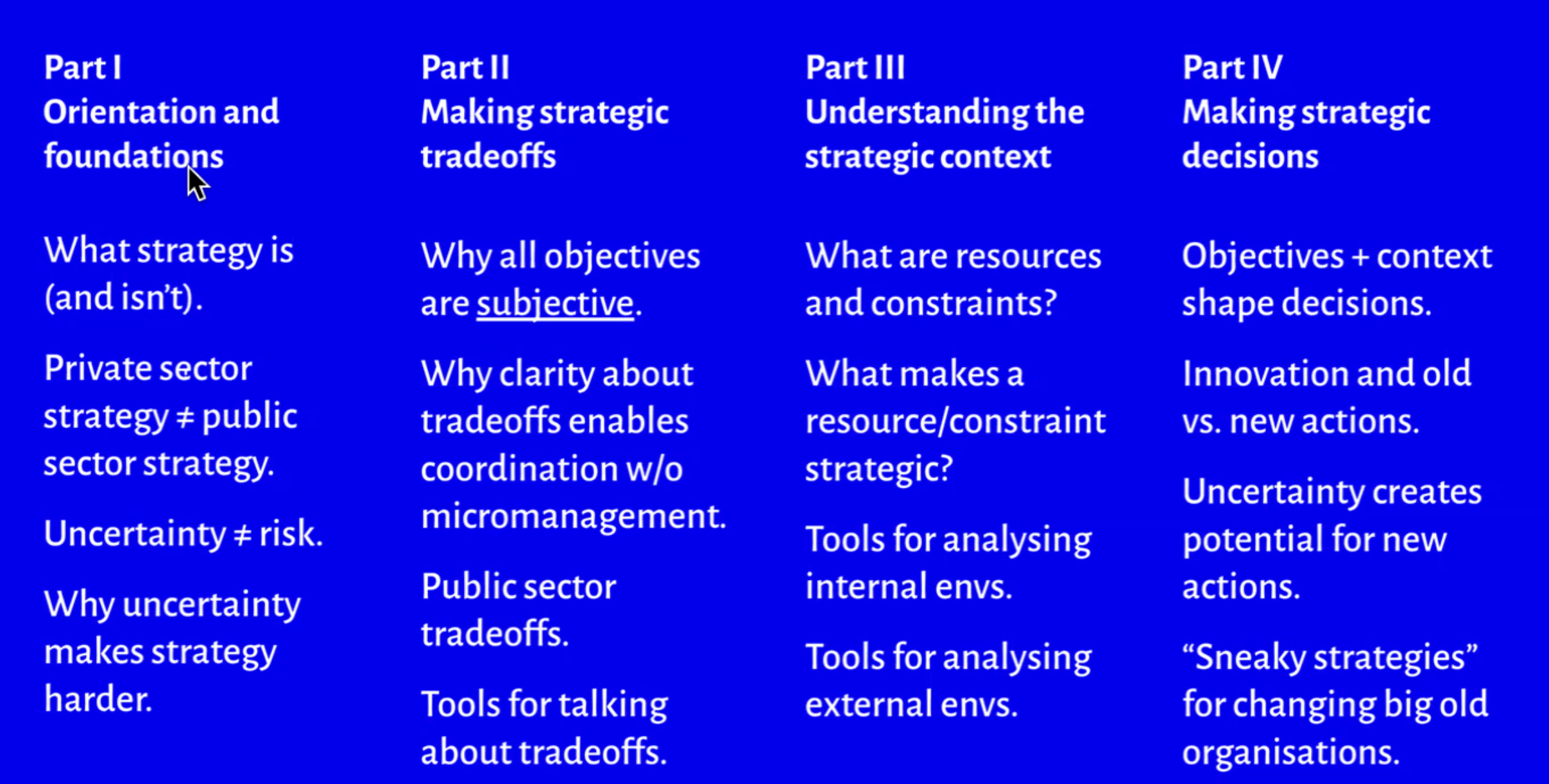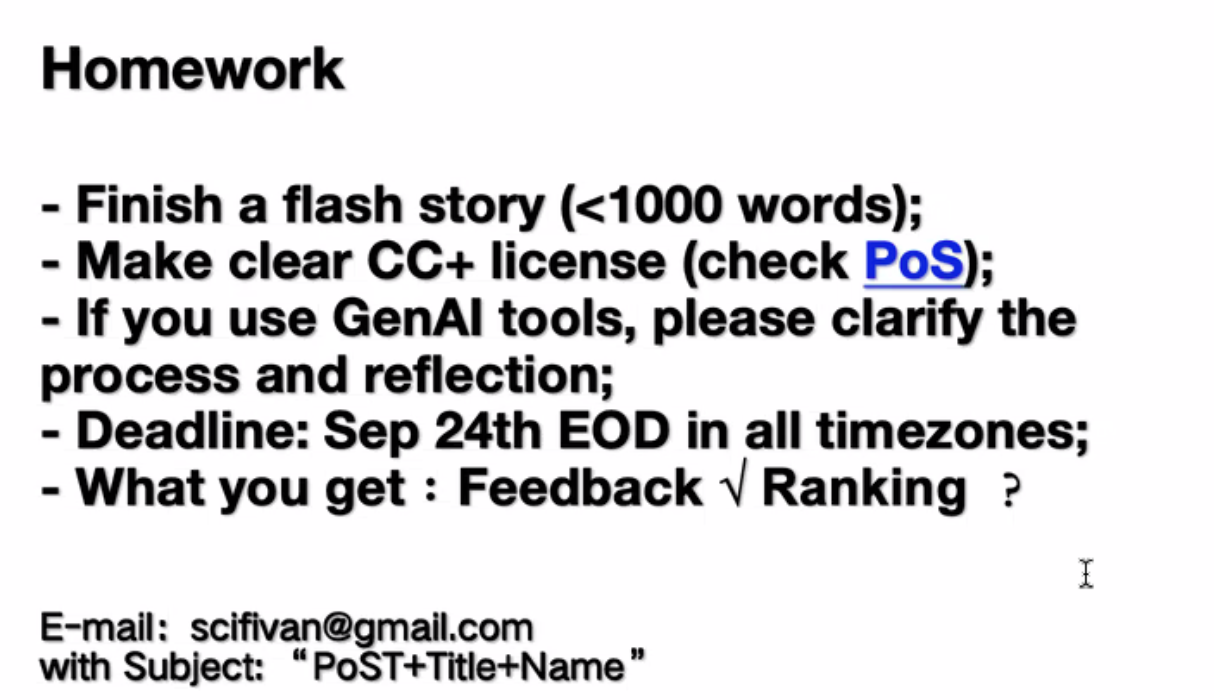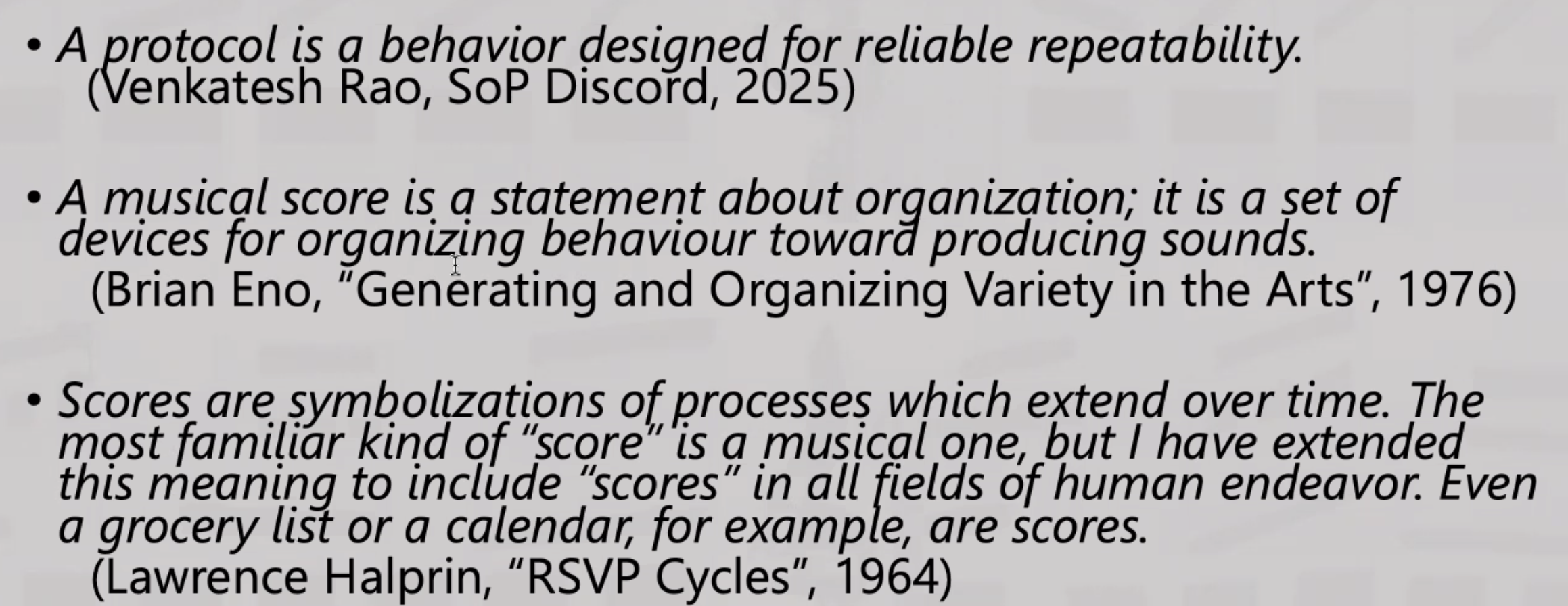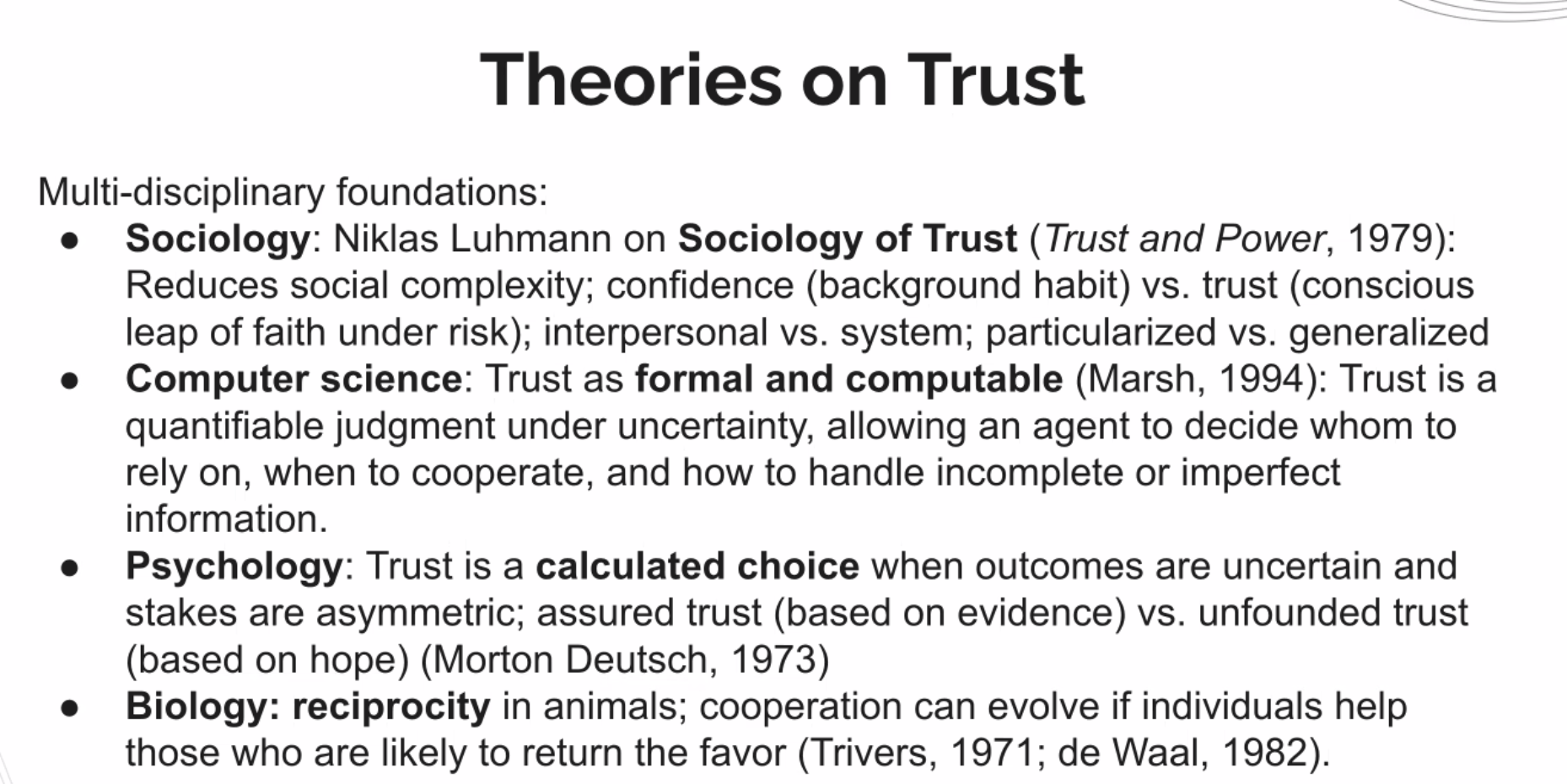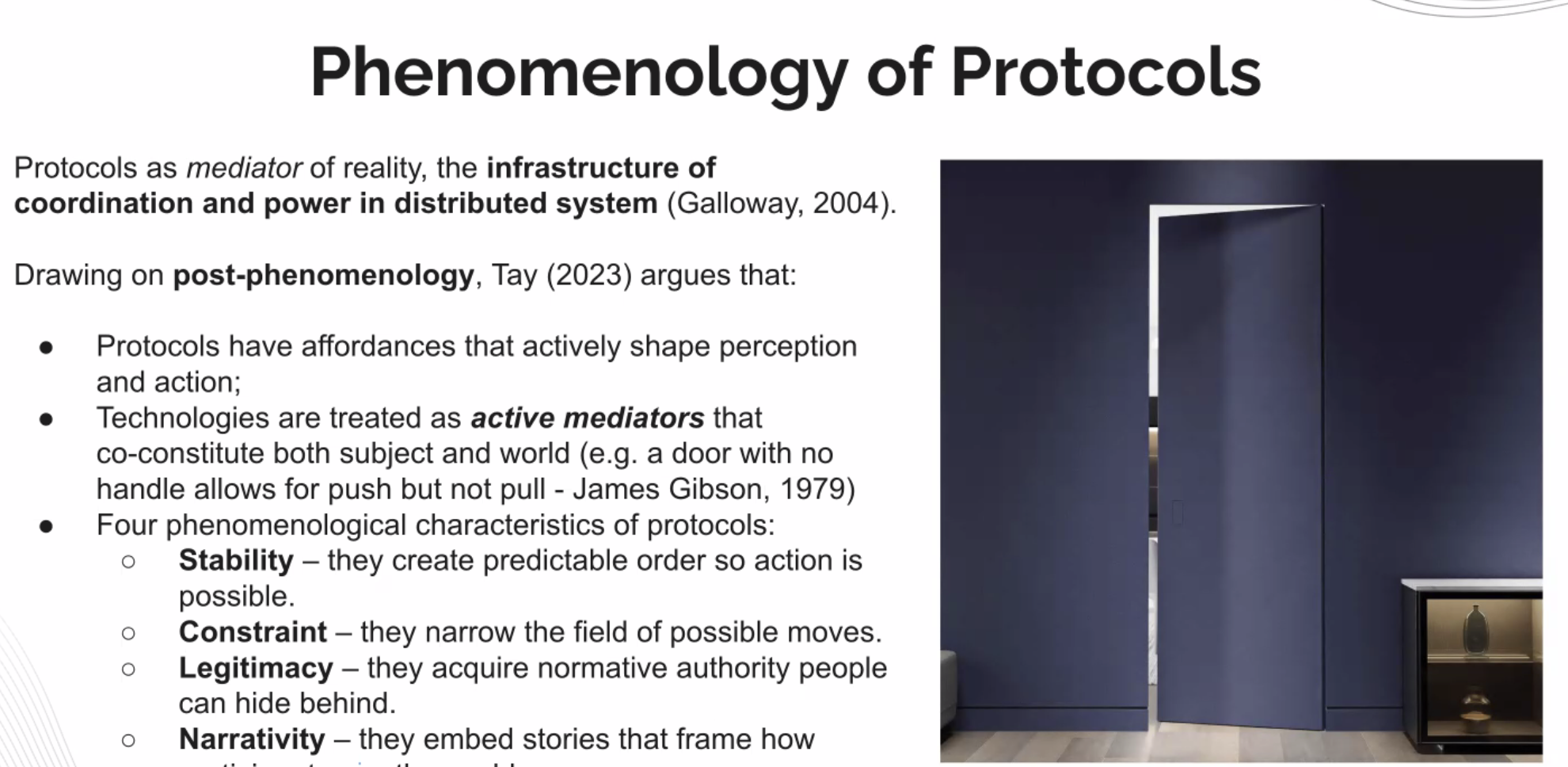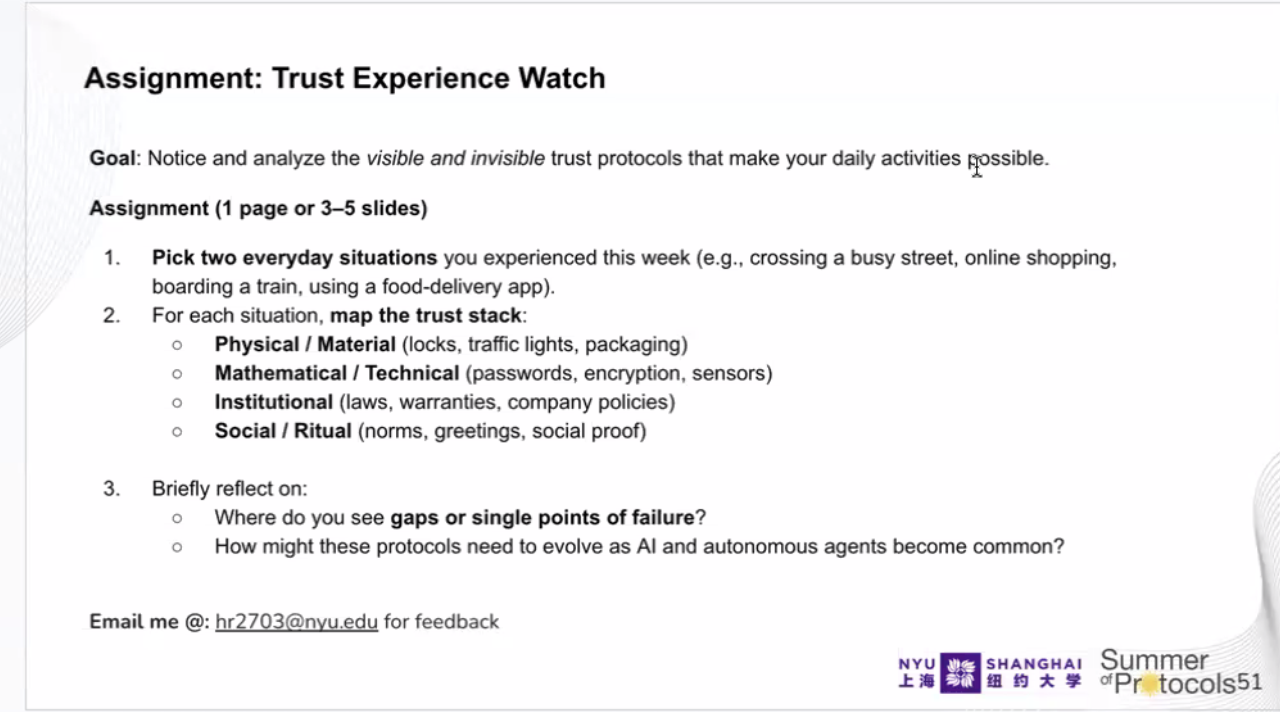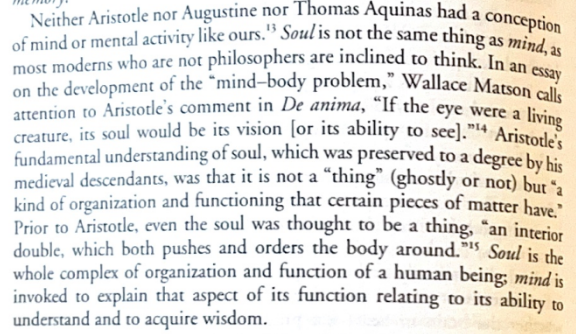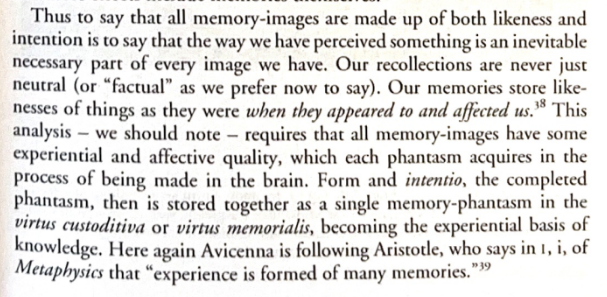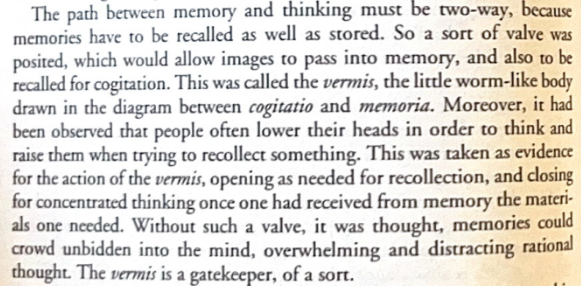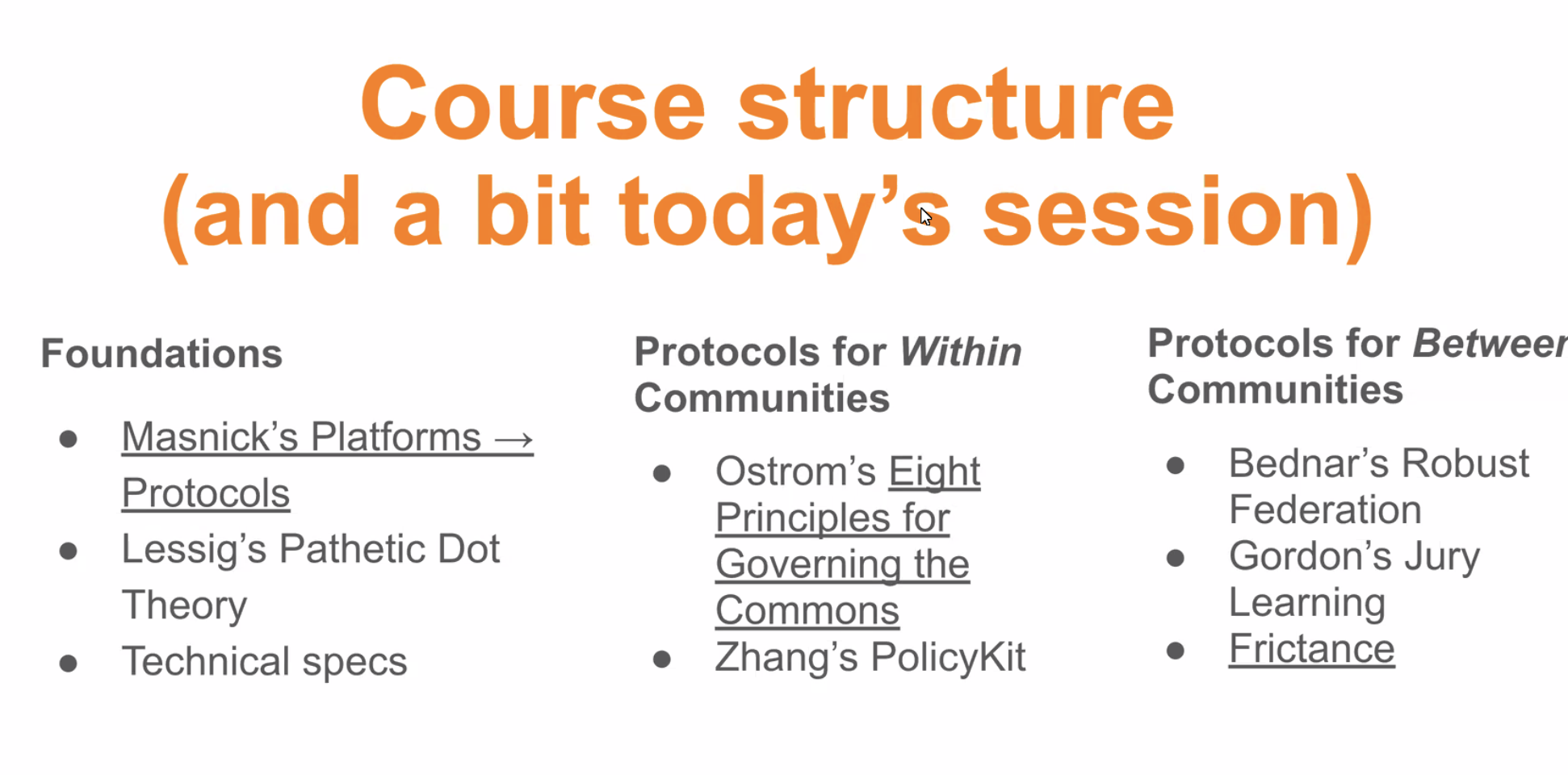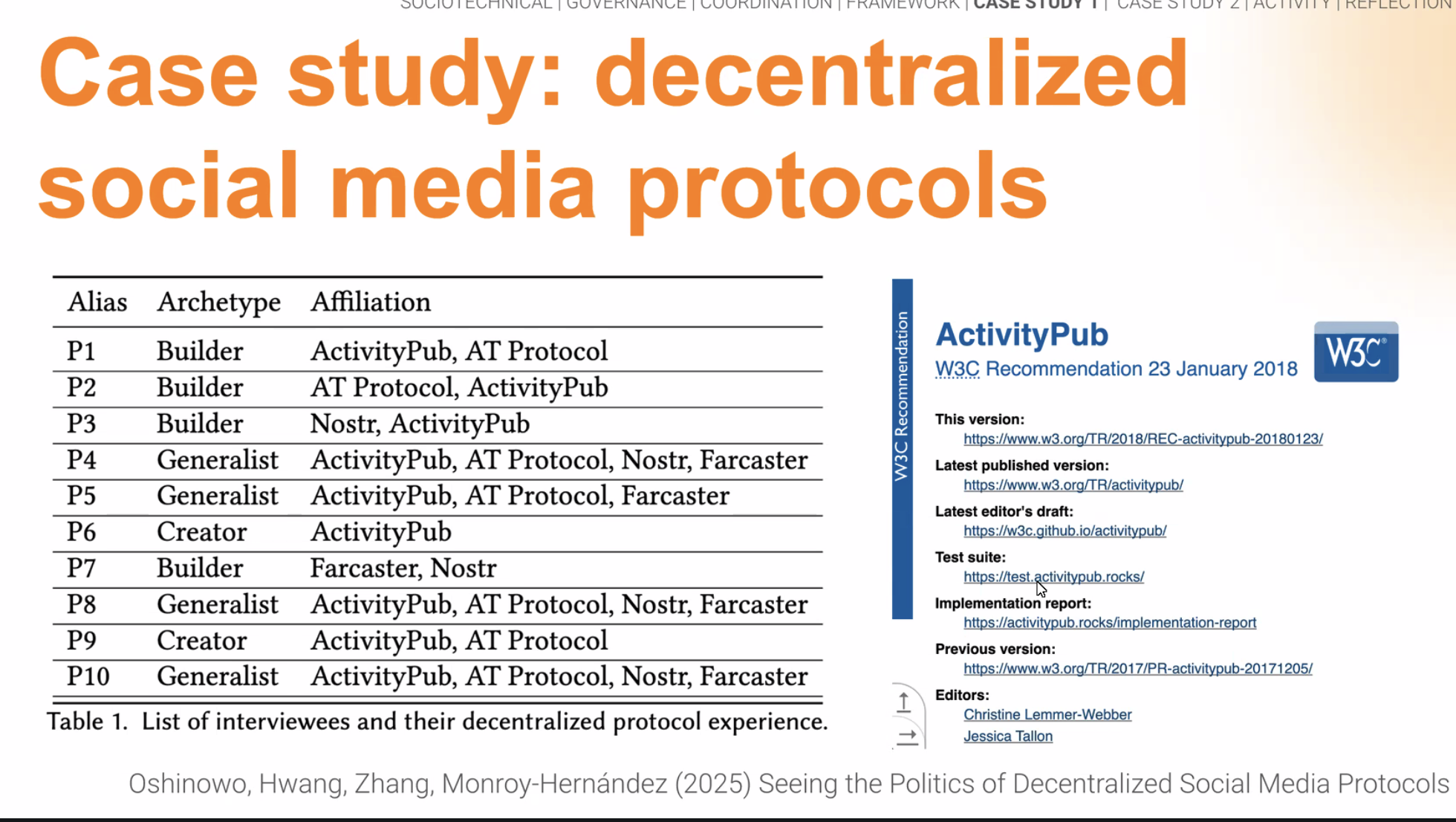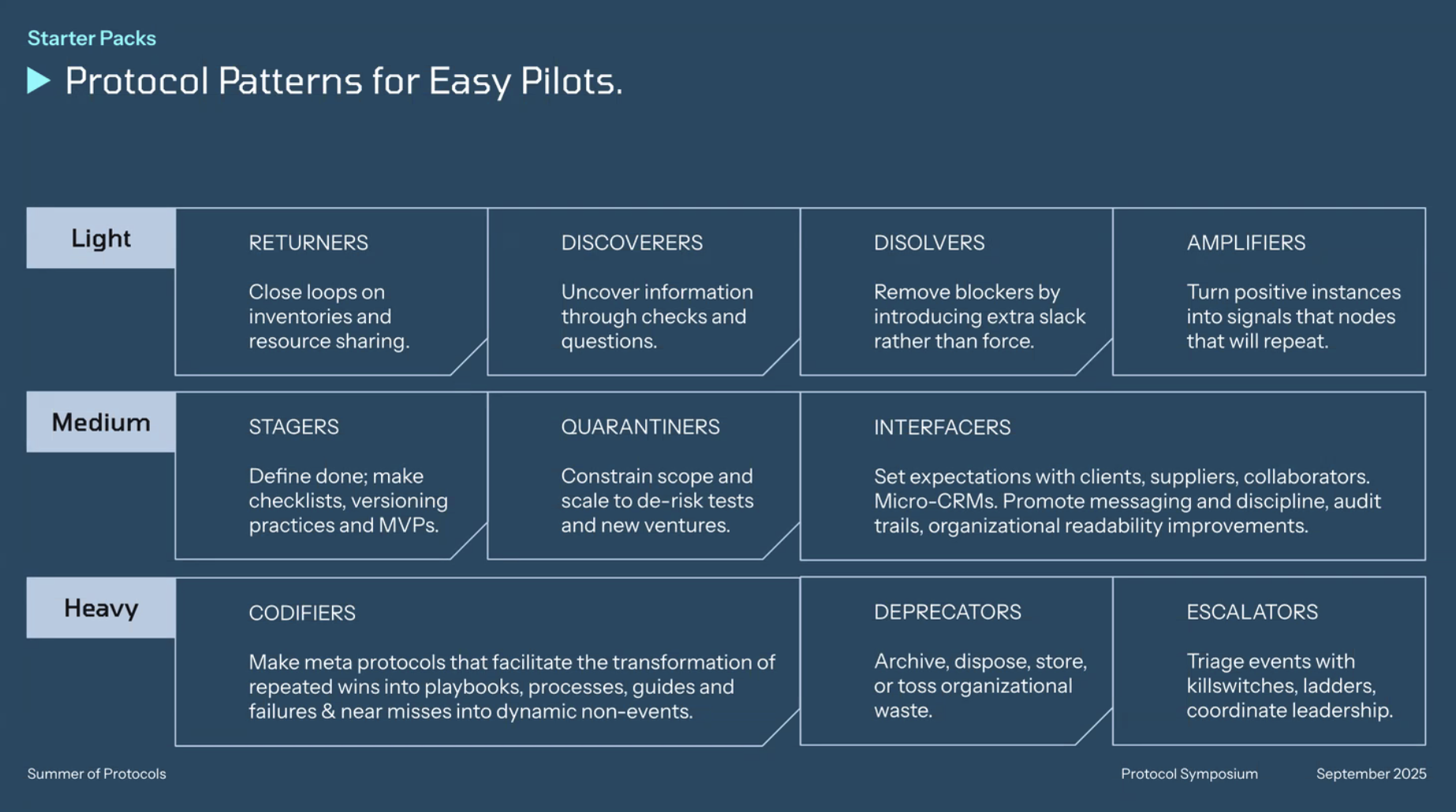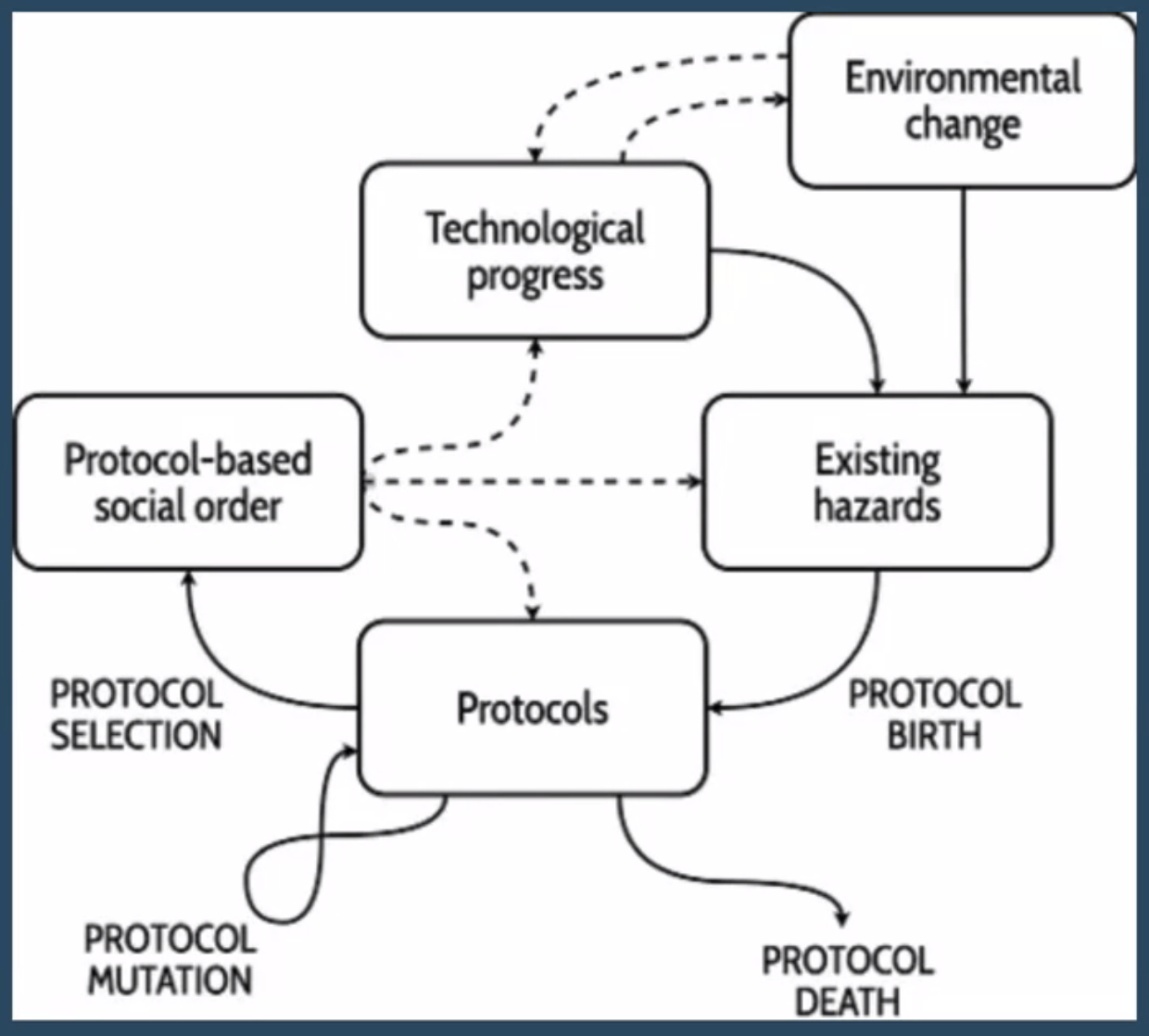Protocols/Symposium 2025
28 Sep 2025 - 05 Oct 2025
- I attended 2025 Protocol Symposium. My goal was to get deep exposure to the Protocol movement/field/community, which has been going for a few years and generating an enormous amount of interesting material. I can't keep up and feel like I am missing out, so this was a chance to catch up.
Overview
- I was impressed by the rigor of the thinking and the academic credentials of the speakers. This wasn't amateur hour. Lots of very smart people, from a diversity of backgrounds and fields, lots of artists and policy/management people as well as the more boring technical types like myself. The conference was entirely virtual but the proceedings were deftly guided through a series of collaboration fora including Zoom, Roam, and Discord, and others.
- I have a hard time when outsiders ask me what this community is all about. It's a self-consciously created field, scene, movement, aspirationally a new profession. These people are not studying protocols in the abstract or in the purely technical sense, they are protocol entrepreneurs, looking to design or change the protocols on which the world actually runs.
- The field seems to echo the mid-20th-century cybernetics movement in many ways, most obviously sharing an emphasis on systems and a focus on ideas that can cut across natural, social, and technological domains. Also in its somewhat nebulous goals, which include revisioning the world by seeing patterns that already exist, understanding how they work, and ultimately learning to control and create them. The basic subject matter is overlapping if not exactly the same (processes, control, systems). The connection is acknowledged.
- The differences from cybernetics are probably more salient. Most obviously, there's been many decades of technological experience with digital computers and communication technology. Whereas the cyberneticians designed a science-fictiony central control room for the Chilean economy (which never quite worked), today everybody with an organization to run has dashboards to keep them plugged in, and probably automated processes as well. Not only is this kind of monitoring commonplace, it is distributed, and that is a big difference, we have much better understanding and appreciation of distributed control than existing in 1950. The world has become much more decentralized. Whereas a cybernetician might have dreamed about centralized automation of the economy, a protocolist would introduce a standard that reduced transaction costs (containerization of shipping being the canonical example) and promulgates itself.
- The project is funded by the Ethereum Foundation and there's a bit more crypto-culture in it than I like, but tolerable. If the crypto world is mostly bros and scammers, this scene is its humanistic and progressive side, the people who want to apply blockchain ideas to make the world better. No dumb ideological libertarian shit, just an appreciation for distributed systems.
- There was surprisingly little direct connection to AI in the discourse. Even though LLMs were heavily used in teaching and for projects (see below), the obvious overlap of the topics (eg agent collaboration protocols in projects like NANDA) weren't explored directly very much.
- Also surprising: the lack of computer simulations of protocols. Lots of formal notation, lots of paper simulation games, but nobody seems to be doing computational agent-based modeling or similar, which would be the first tool I would use for protocol design. The formal theory group was reading papers by Axelrod who does do that sort of thing, so its not like the scene is unaware, just not that interested. Just seems weird. I might try to push these ideas a bit.
- Anyway, the symposium succeeded in getting me at least somewhat protocol-pilled, I am certainly primed to notice and talk about them more. What I will do with these ideas remains to be seen.
My low-effort projects
- There were various interesting exercises and projects and homework problems along the way. I did most of them with an LLM that I had loaded up with the Protocol Reader and some other relevant texts. I thought the results were surprisingly good (albeit suffused with the usual blandness). I am not sure why I am posting them; they are not my creations except for some minor credit for prompt crafting, and anybody can generate their own AI slop these days, you don't have to read mine. But I found it an interesting exercise.
- Digital Garden Club A site/protocol/database to support the integration of personal digital gardens
- Protocols/of Protest (LLM)
- TIWDLL Political Simulator (LLM), based on some ongoing out-of-ban
- I also gave an impromptu lighting talk based on Politics and Pragmatism in Scientific Ontology Construction, which suddenly had a protocol-like aspect. Specifically, we need knowledge sharing protocols that can deal with divergent ontologies, as opposed to the rigid logic-based tools we have.
- Following sections are basically raw notes and probably not interpretable.
Day 1
Giovanni Merlino
- <Missed the beginning due to early hour>
- Specification mining (extracting temporal constraints from traces)
- FSM equivalence (ex. iRobot) Mentions Actor model, OK I need to watch this I guess. Language equivalence vs. bisimilarity
- This talk is way too mathy for me, can't imagine how the humanists in the crowd are taking it.
- He's a CPS (cyber-physical systems) guy
Martin Harrigan, Beyond Consensus: Protocols as Digital Institutions
- SETU, Ireland SETU | South East Technological University, Crypto and blockchain guy (but academic at least)
- Protocol overview, micro meso macro scales
- "Blockchain" has morphed from narrow technical to systems-level meaning.
- DocETL paper was inspiration. GitHub - ucbepic/docetl: A system for agentic LLM-powered data processing and ETL
- Cool pulling out of subconcepts, conflicts, etc from extracted doc clusters. Ref to eigenlayer-eigenlayer.com | 522: Connection timed out
- Hardness defined (by Stark) "the capacity of a system to make something very likely to be true in the future"
- we can create money, laws, governance
- venice.ai/chat
- Use of LLMs as role-playing sparring partners (really need to experiment with that more)
Random notes
- Feature flags - PostHog
- From Timber...I don't quite understand what this is. Looks worth knowing about but not very connected to protocols.
PostHog is the open source Product OS - it's a suite of product and data tools, built on the modern data stack. We provide product analytics, session recording, feature flags, A/B testing, event pipelines and a data warehouse. PostHog can be deployed to the cloud, or self-hosted on existing infrastructure, removing the need to send user data to a 3rd party.
- OK What we've learned about building AI-powered features This is about as AI-forward as things got.
- Marc-Antoine Parent chat, he is a knowledge graph / discourse representation guy.
Day 2
Eric Alston
- Protocol Design as Governance
- Readings Discord
- Links between law and standards. Imported through tort law and insurers.
- ISO as most powerful private org.
- Norms v institutions
- killswitch theory
- constitutions (bodily and organizational)
- why do bitcoin miners mine, why do politicians politic?
Primavera De Filippi, Protocol Art
- She's actually a legal scholar. And an artist around blockchain
- Foundations of Protocol Art
- Can't say that's a very interesting or illuminating definition.
- Related (I would think) to conceptual and interactive art movements?
- Protocol as tool vs medium (latter, not really "medium", more like the object itself).
- Like these
- Managed to ask a question but I don't think I got the reaction I was looking for...about flash mobs.
- Also asked something about low art, which seems inherently more protocolized (because it tends to be the creation of distributed peer networks). Didn't get much uptake on that, but it informed my project Protocols/SubGenius Protocol Art
Vaugh Tan, Public Strategy
- Strategy: making reasoned subjective arguments and decisions about accetable tradeoffs...OK
- Decentralized hierarchies need good strategy because they are structurally hard to coordinate... OK
- Public sector orgs in particular
- Man this is way too adult for me...executive education for big cheese public managers.
- Grenfell tower as coordination failure between different parts of gov (Cost and safety).
- B-school SWOT analysis?
- Main point is that private sector ideas don't work well in public sector, duh, I'm a management moron and I could tell you that.
- horizon scanning, another thing
- Jules Yim works with Snowden (not that one?) Leading at the Edge: Navigating crises without collapsing into control | Webinar - The Cynefin Co
- Man, these guys have a good grift, I want in.
- Not-knowings, on demand - Vaughn Tan ok that looks more interesting
Day 3
Stanley Qiufan CHEN , Deepwriting, the protocol of storytelling
- Causal Layered Analysis, Sohail Inayatullah Causal Layered Analysis
- Breakout session, god am I not in sync with these people. Should hold back.
- The Buber Protocol – (ok, it's just the Voight-Kampf test)
- Some prompts
- Flip the story perspective - maybe humans are not the protagonist or the main narrator, some other source? Flip the genre - make a dystopian story funny, etc etc Return to the resonance - why does the prompt resonate? What is a core human experience that makes you want to dive deeper into the story?
Shreya Shankar, Agentic Query Optimization
- A guest lecture
- Semantic Data Processing – extract structured data from text? Reimagining the data stack. From RDB --> ?
- DocETL [[2410.12189] DocETL: Agentic Query Rewriting and Evaluation for Complex Document Processing](https://arxiv.org/abs/2410.12189) DocETL – AI-Powered Document ETL Platform
- DocWrangler (UIST upcoming)
- PATwater mentions STARA our of Stanford, a research assisstnat, should check that out. https://dho.stanford.edu/wp-content/uploads/STARA.pdf
Protocol Art Part 2
Ben Zucker, Musicalization Protocols
- JP Caron, Generative Aesthetics
- Notations 21 by Theresa Sauer | Goodreads (from the audience). Russell quote on notation.
- This talk was kind of too basic for me...didn't get to anything new? I wanted to point to Labanotation.
Day 4
Helena Rong, Trust Experience Design
- NYU Shanghai. Taught at MIT Arch (not Media Lab)
- Protocols of street crossing
- Protocols as building blocks of trust
- post-phenomenology?
- Value- vs proof-based trust
- social (soft) vs technical (hard)
- AI and trust (this is too interesting I need to stop taking notes) Agentic web
- Home | Eliza and Spore - An AI agent breeding ground.
- recommneded talk on AI alignment protocols
Memory Research Group
- Very Society of Mind
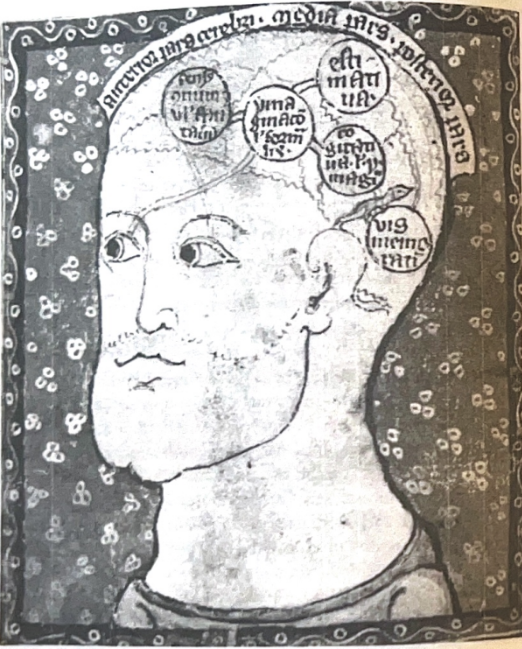
Designing Digital Worlds, Monroy-Hernandex and Hwang
- Princeton CS Dept Andrés Monroy-Hernández OK did an PhD at Media Lab. Knows ASB I bet
- Andres involved in Scratch community, Hwang studies Wikimedia community
- Ref to Benkler (was on his committee).
- A pretty boring recitation of new production modes (commons-based oeer, platform, etc). Platform-based kind of stole the memes of commons-based.
- OK that looks very interesting
- Langdon Winner Artifacts have Politics
- [[2503.02150] Trust and Friction: Negotiating How Information Flows Through Decentralized Social Media](https://arxiv.org/abs/2503.02150)
Unconference
- Nathan Schneider, Bicorder?
- Venkat, The Chivalric Turn (before 1300)
Day 5 (Friday)
Protocols in Practice, Timber
- Project Dev, Blundercheck, safety policy, linktr.ee/timberss
- Blundercheck is a chess term, something like the checklist manifesto, keep a library of mistakes and keep checking them (?)
- protocoling
- meso level
- containers – pay attention to all the ones around you
- practicality > conceptualizing, literacy > vocabulary
- protocol watching as a practice (there is a channel). Chesterton's Fence? Gordian Knot? Identify actors, gfuess the packets, name the tensions. There's a field guide
- umarelling – observing building sites (eg)
- Running vibes vs protocols (carbs vs fat analogy)
- ETTO (efficiency/thoroughness), tradeoffs --> tensions (not sure I have gotten this)
- Amazon API mandate is a point of reference
- – Hazard-oriented protocolling (HOP)
- Human drive to eliminate anxiety (Hohman?) Protocols can do that
